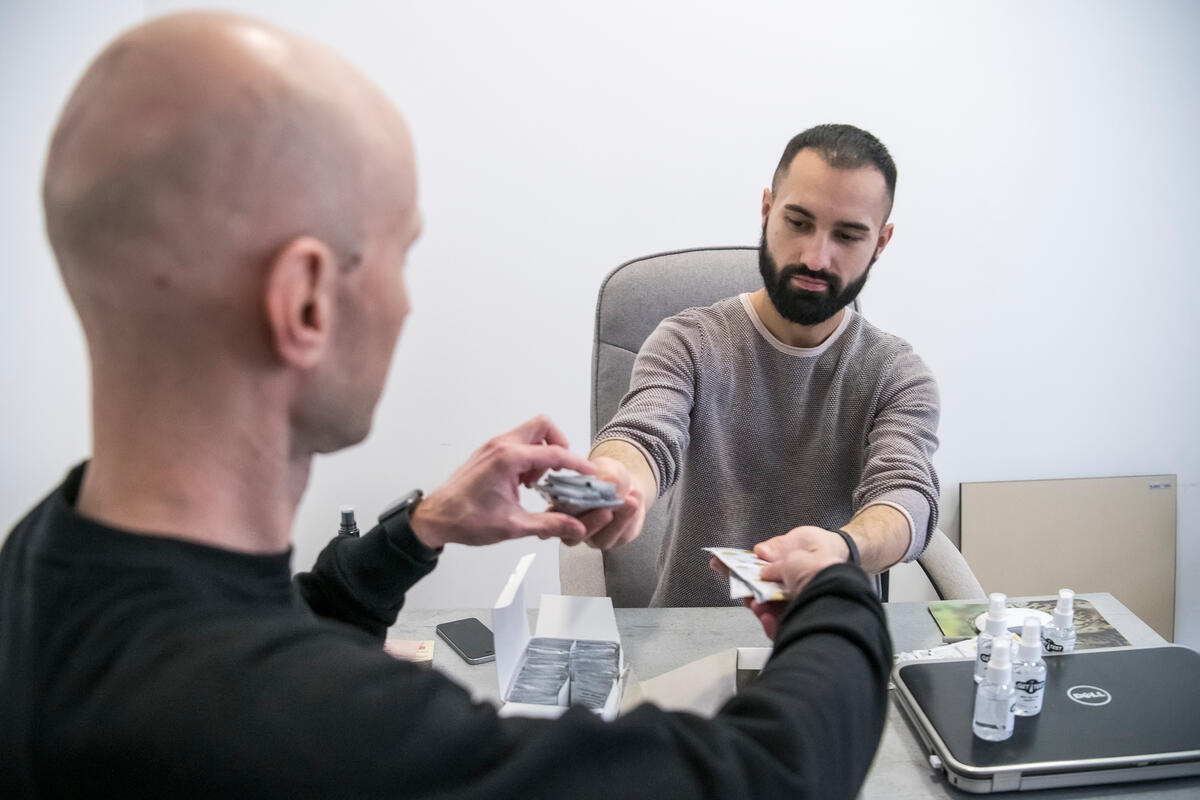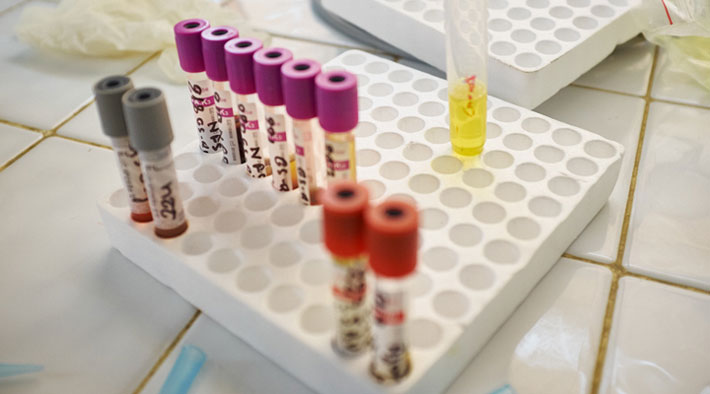No daily pills
Added choice
Child-friendly
Improves adherence
Long-acting technologies are medicine formulations that slowly release the drug over weeks, months, or even longer. Many of the available long-acting medicines are delivered via injection but other delivery methods such as skin patches, implants or vaginal rings exist too.
Medicine efficacy can be compromised if treatment is incomplete or inconsistent. Long-acting technologies can improve adherence and therefore, clinical outcomes, helping reduce death, lower disease transmission, and prevent drug resistance. The additional choice of long-acting options can also help treatment uptake, particularly for people who may live far from health centers or find it difficult to take or remember daily medicines, as more people find a treatment method that works for them. Children, who struggle to swallow oral tablets, could also benefit from child-friendly, long-acting medicine delivery options.
We are funding early-stage development of long-acting medicines that, if successful, could expand treatment options for hepatitis C and HIV and simplify tuberculosis and malaria prevention. We are also working to accelerate access to existing long-acting medicines that prevent HIV and reduce opioid cravings to help curb transmission of hepatitis C and HIV.













